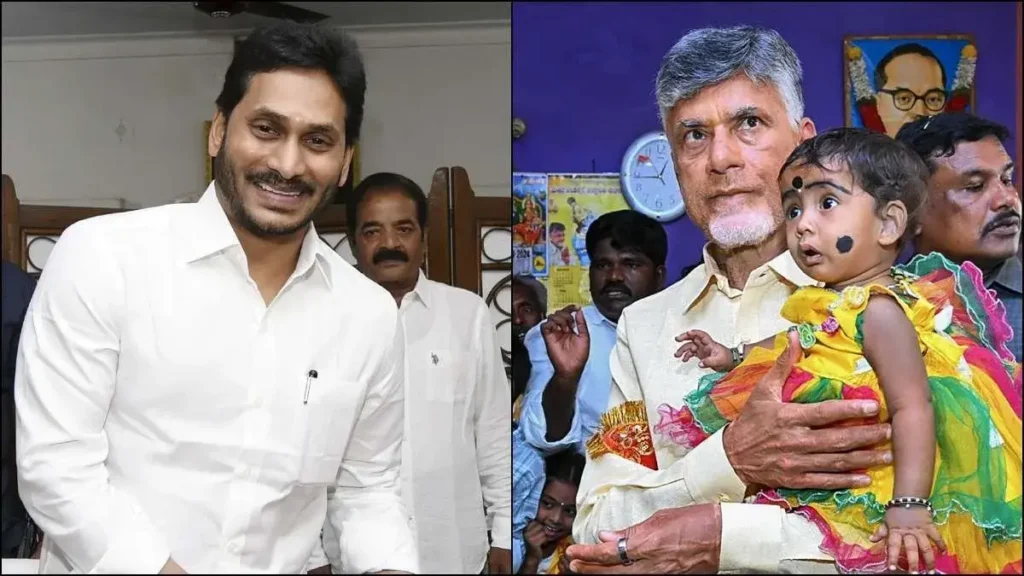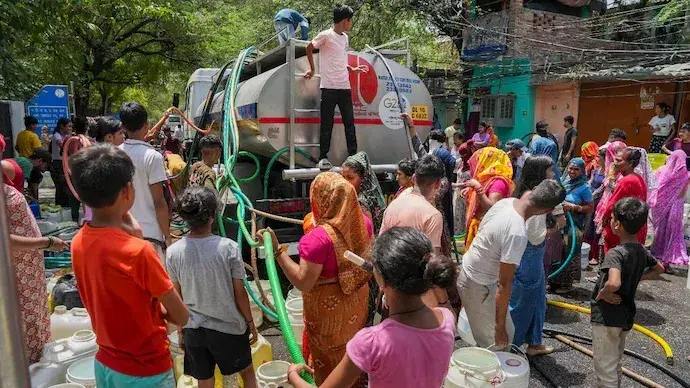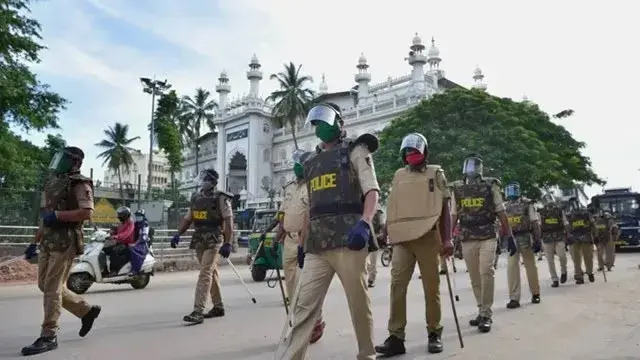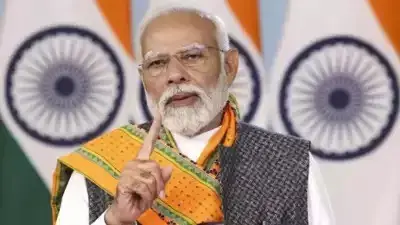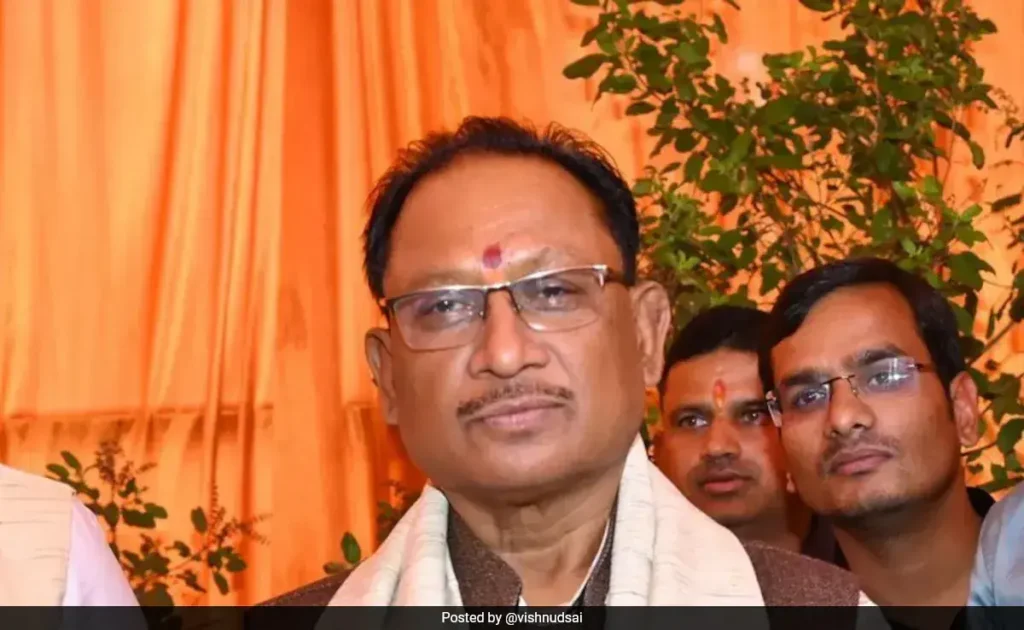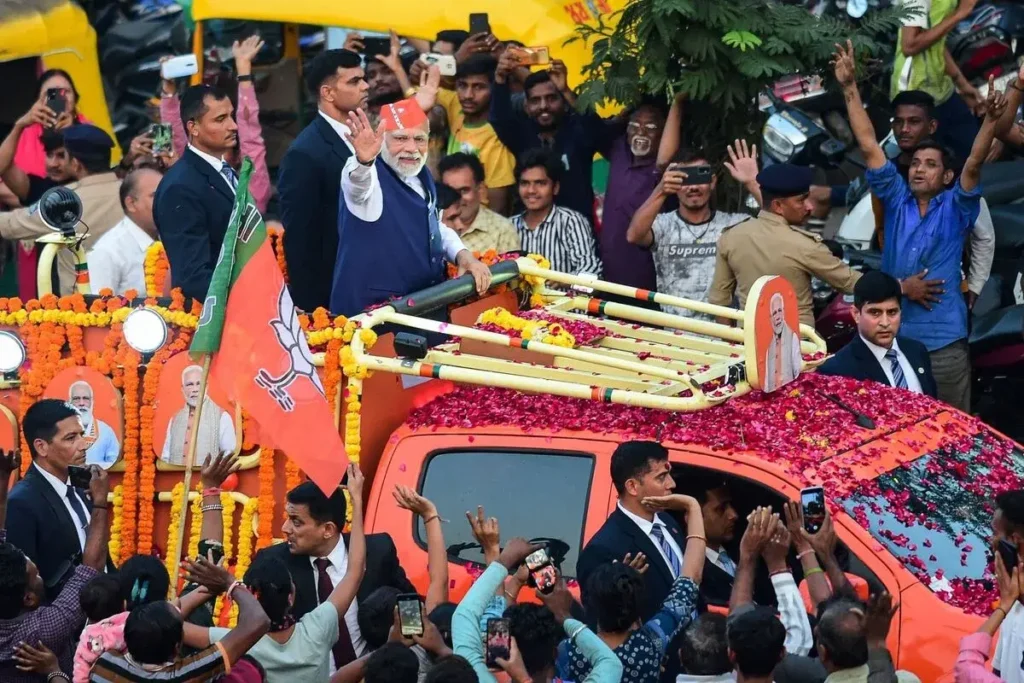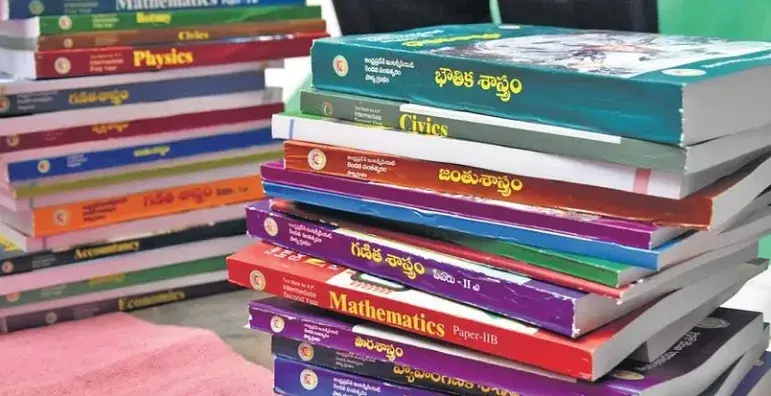Andhra Pradesh Assembly Election Results 2024: Key Insights and Analysis
The counting of votes for the Assembly elections in Andhra Pradesh and Odisha, along with the counting of the Lok Sabha Elections 2024, is taking place today (June 4). The Assembly elections in Andhra Pradesh were held on May 13. There are 175 Assembly constituencies in the Andhra Pradesh Assembly with 29 seats reserved for Scheduled Castes (SCs) and another 7 for Scheduled Tribes (STs). The term of the present Andhra Pradesh Assembly is from June 12, 2019 to June 11, 2024. The Telugu Desam Party (TDP) of Chandrababu Naidu and the Yuvajana Sramika Rythu Congress Party (YSRCP) of Chief Minister Jagan Mohan Reddy are the two main political parties in Andhra Pradesh. Pawan Kalyan-led Jana Sena Party (JSP), the Bharatiya Janata Party (BJP), and the Congress are the other important parties in the state.Key candidates in Andhra Pradesh include Andhra Pradesh Chief Minister YS Jagan Mohan Reddy (YSRCP), N Chandrababu Naidu (TDP), Pawan Kalyan (JSP), Killi Kruparani (Congress), Dharmana Prasada Rao (YSRCP), and others.Key constituencies in Andhra Pradesh include Pulivendula, Kuppam, Pithapuram, Mangalagiri, Hindupur, Vijayawada West, Narasannapeta, Srikakulam, Tekkali, Gajuwaka, Undi, Gannavaram (Krishna), Atmakur, Proddatur, and Jammalamadugu. Andhra Pradesh recorded 80.66 per cent of voting in the Assembly Election 2024, which was 80.39 per cent in the Assembly Election 2019.In the 2019 Andhra Pradesh Assembly Election, the YSRCP emerged victorious with a massive 151 seats and YS Jagan Mohan Reddy became the Chief Minister. The incumbent TDP managed to win just 23 seats. The JSP won a single seat while neither the BJP nor the Congress couldn’t open their account. To form the government in Andhra Pradesh, every party or coalition must reach the majority mark in the Legislative Assembly. The majority mark in each state Assembly depends upon the total number of seats in the Legislative Assembly of a particular state. The majority mark in any state is half of the number of total Assembly seats plus one more seat. The Andhra Pradesh Assembly has 175 seats and the majority mark is 88.
Andhra Pradesh Assembly Election Results 2024: Key Insights and Analysis Read More »

